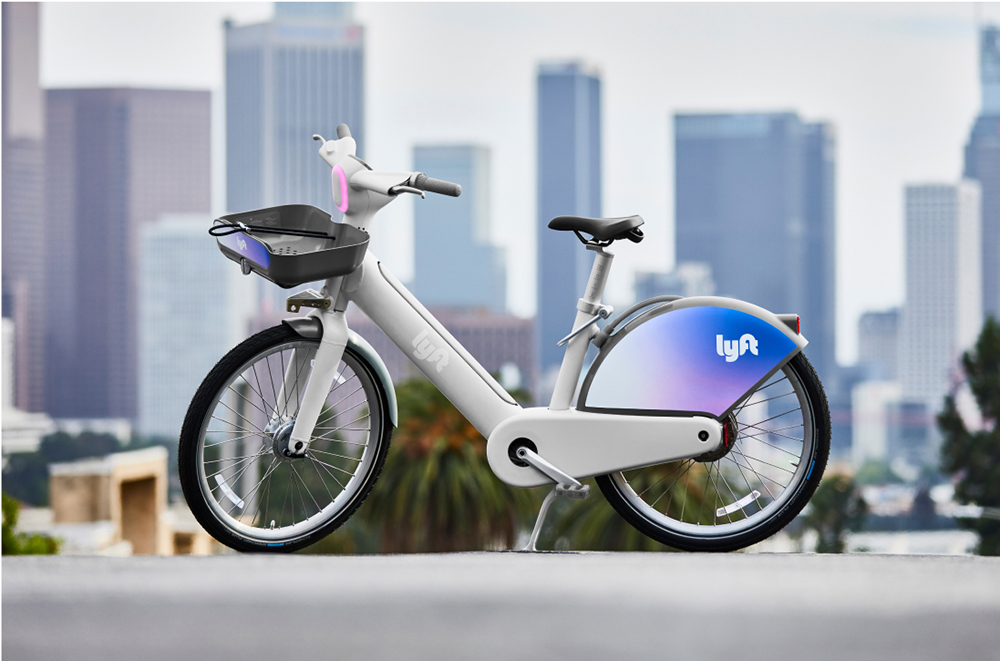|
Getting your Trinity Audio player ready...
|
By: Jordan Baker
Lyft-owned Citi Bike has once again raised its prices, a decision that coincided with the rollout of Manhattan’s congestion pricing plan—a policy the company reportedly lobbied heavily to implement. The rate hike marks the second increase in less than six months, sparking frustration among riders already grappling with escalating transportation costs.
According to the New York Post, Citi Bike’s latest price adjustments were announced Monday, just one day after the Metropolitan Transportation Authority (MTA) and Governor Kathy Hochul launched the controversial congestion pricing initiative. Under this plan, drivers entering Manhattan below 60th Street now face a $9 toll. Lyft and Uber, both major proponents of the measure, are poised to benefit significantly, having invested millions in lobbying efforts to ensure its passage.
Citi Bike members will now pay 25 cents per minute for electric bike rentals, up from 24 cents, with capped fees of $5 for trips under 45 minutes that either begin or end in Manhattan. For non-members, single-ride passes increased from $4.79 to $4.99, while e-bike charges rose from 36 to 38 cents per minute. Starting February 3, day passes for non-members will jump to $25. Lyft justified these increases by citing inflation and rising operational costs, particularly those tied to its electric bike fleet.
The company’s announcement included a gesture to soften the blow: a $1.50 “congestion pricing credit” for Citi Bike and Lyft rideshare trips that impact Manhattan commuters throughout January. This credit is meant to offset the $1.50 congestion surcharge imposed on rideshare apps by the new tolling system.
Critics argue that Lyft’s price hikes highlight the broader consequences of congestion pricing, which is projected to generate billions in revenue for New York City’s transit system. While the initiative aims to reduce traffic and fund public transportation improvements, detractors contend that it disproportionately impacts middle- and low-income commuters who lack viable alternatives.
Citi Bike has raised its rates annually for four consecutive years, leading some riders to consider abandoning the service altogether. Travontae Gorman, a Manhattan commuter, told the Post, “I just don’t really like taking the train, so I use Citi Bikes, but at this point, it just seems more affordable to get your own bike. These continued increases make it unsustainable.”
Despite the criticism, Citi Bike continues to expand. With a fleet of over 30,000 bikes across New York City and parts of New Jersey, the service reported 45 million rides in 2024—a 25% increase from the previous year. Lyft plans to further broaden Citi Bike’s reach, adding stations in Queens, the Bronx, and Brooklyn by next fall.
The debate over congestion pricing and its ripple effects remains heated. While proponents tout its potential to curb emissions and fund transit upgrades, the additional financial burdens placed on commuters and cyclists have fueled skepticism. For many, the confluence of congestion pricing and Citi Bike’s latest price hike underscores a growing tension.




